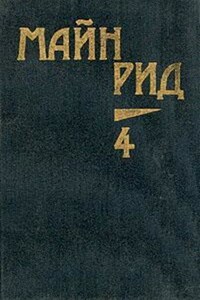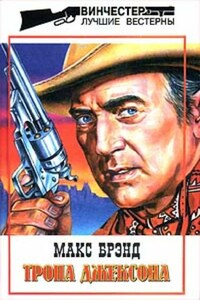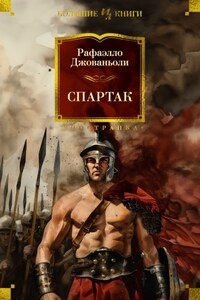This novel is entirely a work of fiction. The names, characters and incidents portrayed in it are the work of the author's imagination. Any resemblance to actual persons, living or dead, events or localities is entirely coincidental.
HarperCollinsPublishers Ltd.
1 London Bridge Street
London SE1 9GF
www.harpercollins.co.uk
First published in Great Britain by HarperCollinsPublishers 1993
Copyright © Gordon Stevens 1993
Gordon Stevens asserts the moral right to be identified as the author of this work
All rights reserved under International and Pan-American Copyright Conventions. By payment of the required fees, you have been granted the nonexclusive, nontransferable right to access and read the text of this ebook on-screen. No part of this text may be reproduced, transmitted, downloaded, decompiled, reverse-engineered, or stored in or introduced into any information storage and retrieval system, in any form or by any means, whether electronic or mechanical, now known or hereafter invented, without the express written permission of HarperCollins ebooks
HarperCollinsPublishers has made every reasonable effort to ensure that any picture content and written content in this ebook has been included or removed in accordance with the contractual and technological constraints in operation at the time of publication
Source ISBN: 9780006476320
Ebook Edition © AUGUST 2016 ISBN: 9780008219376
Version: 2016-08-31
The Angel of Death stood in the graveyard and the priest waited at the door.
The Sunday afternoon was quiet, the faintest breeze stirring the foliage of the trees and rustling the hem of his cassock, the faded red brick of the Church of St Mary and St Phillip lost amidst the colours of summer.
It was two o’clock exactly.
The woman was in her late twenties or early thirties, dark-haired and tall, smartly dressed despite the heat. He saw her through the trees – as if she had suddenly appeared from nowhere. She smiled at him as she always did and went inside. In all the times they had met in such a way, the priest suddenly thought, the woman had never once spoken to him.
The church was cool, the image of the Virgin looking down and the candles on the right of the altar. The woman knelt, took one from the black metal box and held the wick against one of those flickering in front of her.
The wax ran down the candle and burned her fingers. Her face was still, as if she had not noticed the pain or was accustomed to it.
‘Remember, o most gracious Virgin Mary, that never was it known that anyone who asked your help was left unanswered . . .’
The Memorare to her father, mother and her brother, and the plea for the salvation of their souls. Even now she remembered the day she had been taken from them, the days they had been taken from her. Even now the details of their deaths burned into her mind as the wax burned into her flesh.
There was no one else in the church. The woman placed the candle on the stand and stood up, the priest watching from the doorway. She folded a £20 note into the poor box and passed him, smiling her thanks as she did so, then she walked quickly through the churchyard. The priest closed and locked the doors and walked down the steps, along the path and paused under the headstone. The statue was of marble, the expression on the face was serene and the wings were folded. The Angel of Death to some, he reflected, the Saviour and Redeemer to others.
In life as in death, he supposed.
The afternoon was warm and the sweat trickled down the back of his collar. By the time he reached the gate the visitor had disappeared.
The car was parked half a mile away. Instinctively she checked the street – for the woman with the pram whom everyone else would accept as commonplace, for the motor-cycle which no one else would notice, for the car or van with the two people in the front seat – then drove the eight miles to the house where she had been raised. The tea was laid – Sunday linen and china, cucumber sandwiches and fruit cake. The French windows to the garden were open and the children were playing croquet on the lawn.
She kissed her father and her mother on the cheek and sat by her brother.
In the end, McKendrick knew, it would all depend on the man called Reardon: whether he followed the pattern of the past weeks, whether his wife was at home when they called, whether his son and daughter had gone out to play.
He woke at five, the sound of the pipes and the drums rattling through his mind and the details of the next eighteen hours weaving their apparently separate journeys through his brain. For thirty minutes he lay still, staring at the ceiling, the pipes and drums still haunting him and the Walther on his right side, beneath the sheet where he had placed it five hours before, even in what he considered a safe house, his hand resting on it all night and his fingers wrapped around it.












